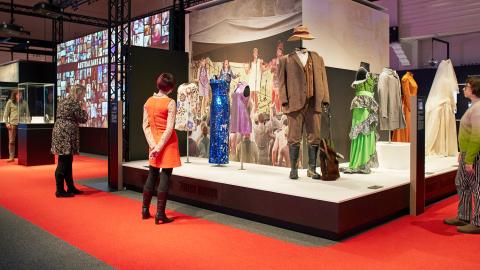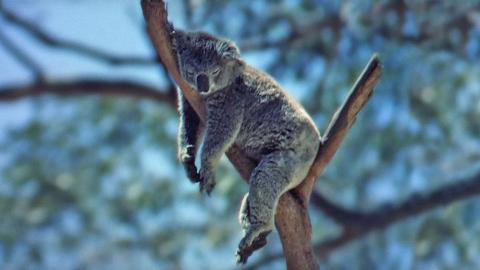
Rise of the Planet of the Apes + Discussion M

‘We gave her what we call ALZ-112, a gene therapy that allows the brain to create its own cells in order to repair itself. In biology, this is called neurogenesis. Here at GenSys, we call it a cure to Alzheimer's.’
Cures and enhancement; natural and artificial. Modern biotechnologies are often framed as urgent solutions to pressing problems. And yet, there are always risks - of unexpected consequences and transgressed boundaries.
Rise of the Planet of the Apes (2011) explores these themes and many more. It stars James Franco, Frieda Pinto and the inimitable Andy Serkis, and is the first film in a trilogy.
Here, the desire to develop biomedical solutions mixes uneasily with species enhancement, and the film raises a host of troubling questions about control and order, our relations with and responsibilities to non-human species, and ultimately our place in the natural world.
Join us after the movie for an insightful panel discussion speculating about these possible futures!
‘Rise of the Planet of the Apes is spectacle with a kick: the transcendence of the normal in creatures so like ourselves is both an entertainment and a needling rebuke to human vanity’ - The New Yorker
This screening is part of the SCIENCE. ART. FILM. series presented by the National Film and Sound Archive, Australian National Centre for the Public Awareness of Science and ANU Humanities Research Centre.
SPEAKERS
Dr Dan Santos is a Postdoctoral Fellow at the Australian National Centre for the Public Awareness of Science. Broadly, he is interested in examining the social, economic and environmental dimensions of emerging biotechnologies, especially with respect to questions around innovation, public engagement and openness in science. Recently, this has included biohacking, synthetic biology, and stem cells. He is also a big movie buff, and in a former life – prior to his PhD – enjoyed writing movie reviews.
Dr Rebecca Hendershott started with a ‘hard’ science background (animal studies, ecology and evolution, biological anthropology), but has since expanded into questions about how science is portrayed, discussed and used within popular culture.
Dr Gemma King is a Senior Lecturer in French at the ANU. Her research is centred on representations of social power and minority languages in cinema, especially signed languages. She is currently an ARC DECRA Fellow on the Sign on Screen project.
MODERATOR
Dr Anna-Sophie Jürgens is a Lecturer in Popular Entertainment Studies at the Australian National Centre for the Public Awareness of Science and the Head of the Popsicule – ANU’s Science in Popular Culture and Entertainment Hub. Her research explores the cultural meanings of science.
PLAN YOUR VISIT
Bookings are essential for all ticketed events. See our Visit Us page for more venue information.
CLUB NFSA
Be rewarded for every paid screening, event or exhibition at the NFSA every time you visit. Your seventh visit is free. More details about Club NFSA on our Visit Us page.
The National Film and Sound Archive of Australia acknowledges Australia’s Aboriginal and Torres Strait Islander peoples as the Traditional Custodians of the land on which we work and live and gives respect to their Elders both past and present.





